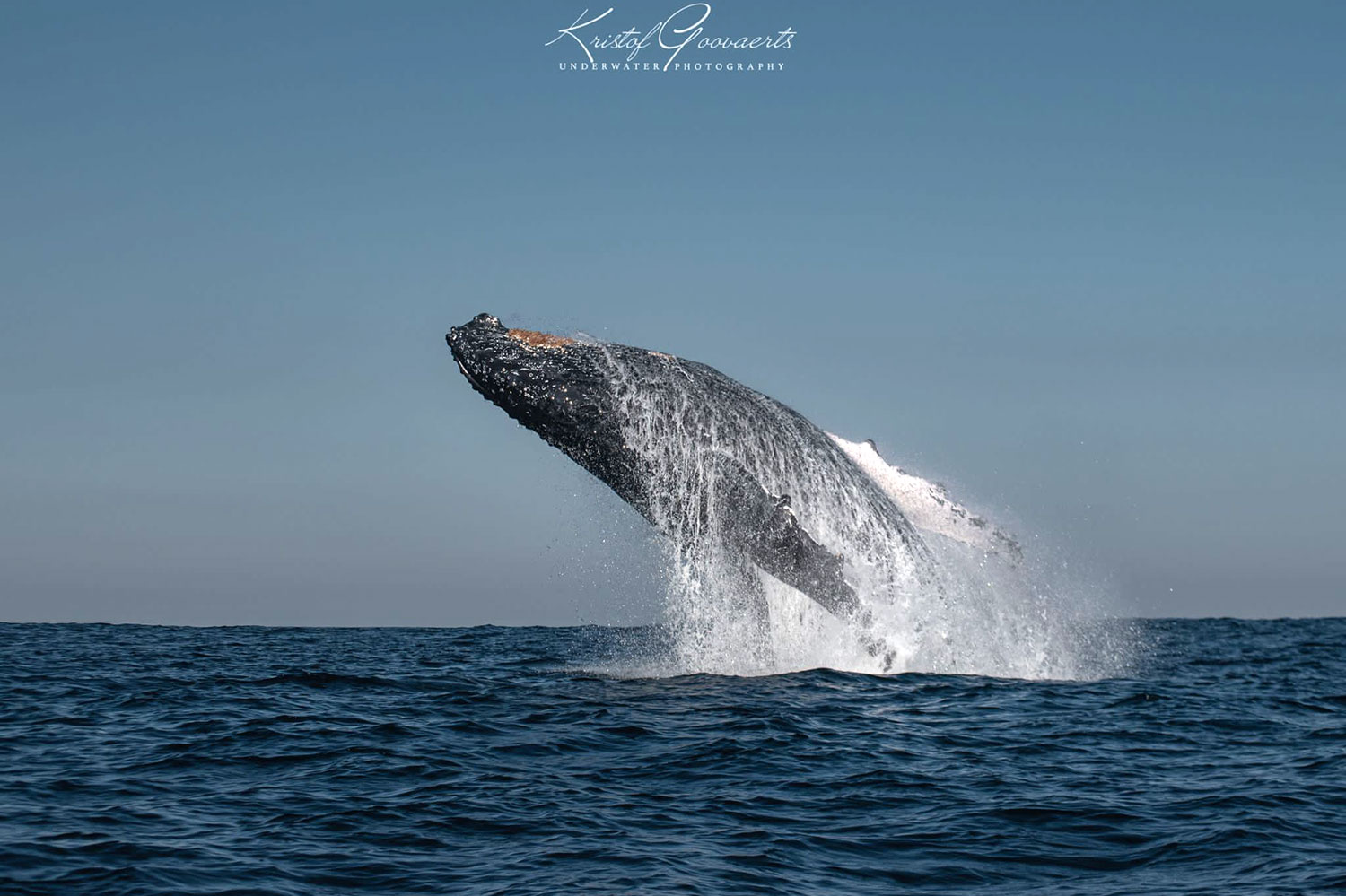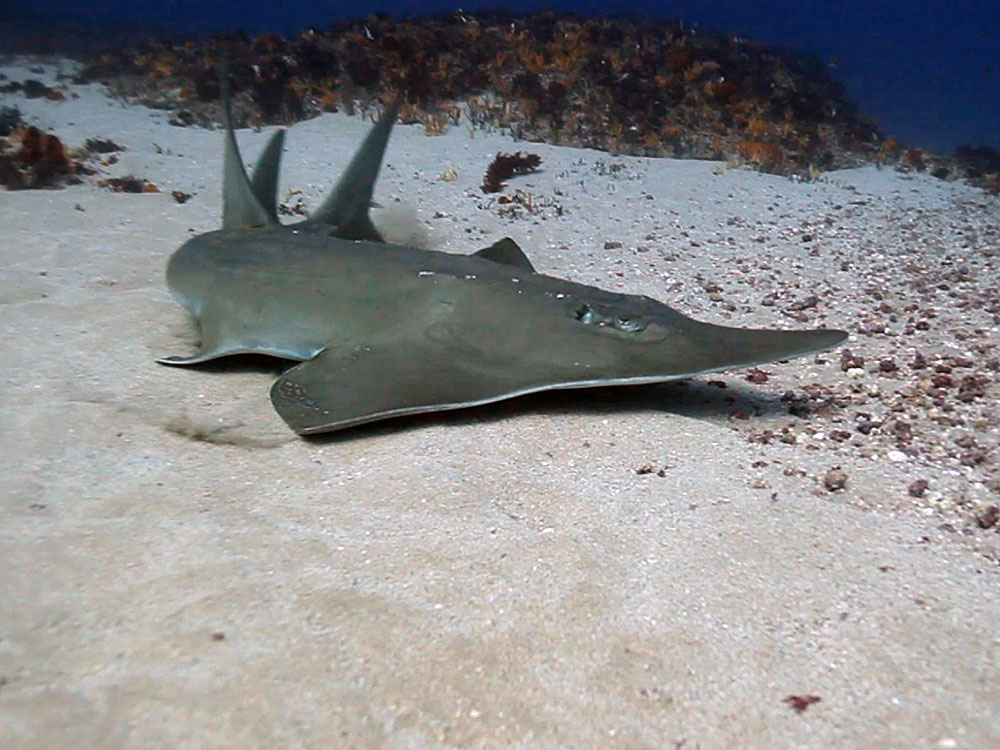If you have a passion for scuba diving and seeing the incredible beauty of South African sharks in their natural habitat, then you have probably invested a fair amount in your diving gear. Your dive equipment is important to keep you safe whilst you are underwater. If it isn’t looked after properly then your gear can become susceptible to mold and mildew and the rubber will crack. Cleaning your scuba diving equipment every time you have finished using it, will prevent this from happening. You don’t need to use harsh chemicals for this – you can clean your gear the natural way, with fresh water and a little eco-friendly shampoo.
Snorkels, fins and masks
As soon as you have finished your dive, rinse your masks, fins and snorkels in warm fresh water. You should then let them dry naturally – it is a very eco-friendly way of cleaning your equipment, without any harsh chemicals that can cause damage. You want to remove the salt water which can corrode your equipment and also prevent mildew from forming. Whilst you are doing this, stretch the rubber straps, checking for cracks – these are especially common on the straps of open-heel fins. If you find any signs of wear and damage, then you should replace these items before your next dive to see the sharks.
Gauges and regulators
Before you rinse out your regulator, check that the first stage dust cover is secure in place. You should also make sure that the second stage purge valves aren’t depressed. Submerge the whole octopus in warm, fresh water. You then need to clean the second stages, you can do this by running warm water through the mouthpiece of the regulator and out again through the exhaust diaphragm. Finally work the slip-coupling back on the low-pressure inflator and hold it under running water to rinse it out.
Buoyancy Compensator (BC)
Before cleaning, take all the air out of your BC. You should then rinse it with warm water, or a little dive wash solution. Wash the equipment off to remove the soap residue and then submerge your BC in a rinse tank, held down with weights in clean, fresh water for at least 30 minutes. If you want to rinse out the inside of your BC, press down the manual-inflate button and put the mouthpiece under running water until it is around 75% full. Give the BC a shake and then drain the water out through the inflator hose and the dump valves. This should remove any salt crystals that can cause erosion.
Wetsuits
You should hand wash your wetsuit in a bath tub of warm water. An eco-friendly wetsuit shampoo is good for this and will help keep the neoprene in good condition and stop it from fading over time. Many wetsuits can also be put in a washing machine on a handwash cycle, however, don’t let it go through the spin cycle. Wetsuits should be left to drip dry naturally.
If you look after your scuba gear and clean it every single time you use it, then it should last you a long time. You don’t need any harsh chemicals, just fresh water to remove salt crystals and ensure that it doesn’t get mold and mildew.
By Jennifer Dawson







